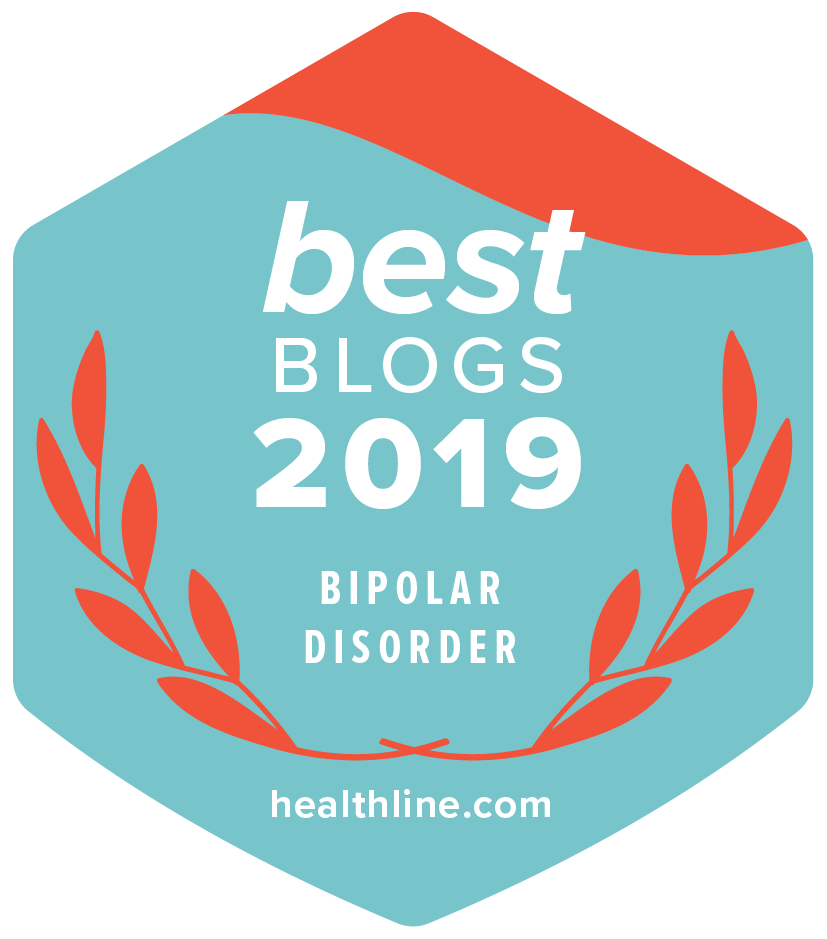The following is a guest post by Dr. Fred Von Gunten, a retired Optometrist specializing in developmental and behavioral vision for more than 33 years, and the author of The Power of Positivity for Bipolar and Anyone Else, a book in which he explores the challenges of living with bipolar disorder and his ultimate achievement of episode-free stability. Dr. Von Gunten can be reached at fvongunten2@gmail.com and invites readers to follow him on Facebook at Promoting the Power of Positivity and his Personal Facebook Page https://www.facebook.com/fred.
I wrote this article to help others understand what bipolar is like and that living episode-free is possible using my own experiences with both. At 74, I have gained the knowledge and experience from which others may benefit when it comes to dealing with Bipolar Disorder. I lived with over 50 years of Bipolar I, and for the first 25 years, I dealt with five episodes. Since then, I have transformed my life by changing my thoughts (cognitive-behavioral) and committing to a consistent supply of Lithium (physical-psychiatric-mood stabilizer).
I was one of the first to receive Lithium when the FDA approved it in 1971.
I have maintained 32 years of “episode-free emotional stability.” Some would classify this as being a “Functional Bipolar,” but I like to view it as “Functionally Cured.”
Self Medicating My Bipolar With Alcohol
The term “self-medication, is defined as “the process by which some individuals may abuse substances in attempting to use them to relieve other problems such as anxiety, pain, sleeplessness or other symptoms of bipolar disorder.” Obviously this is a very serious and widespread issue, but why? What makes those with bipolar disorder turn to alcohol?
Research and theories about this abound, but for the most part it is generally believed that a biological or physiological cause may be the root. There is an “underlying vulnerability of the individual that precipitates both mental illness and substance abuse.”
When I entered my beginning manic episodes, I felt like overnight, I was in high gear—getting by on three hours of sleep. There were nights I would go to the bar for a couple of drinks before heading home from my office hours. Looking back, I now acknowledge I was self-medicating. “When Fred was manic, he became a person I didn’t know and who was hard to live with,” says my wife, Linda. “It was lonely, it was difficult, and there were long hours not knowing where he was.”
Co-occurring Disorders | Dual Diagnosis – Bipolar and Substance Misuse
I then needed to consider the comorbidity of bipolar disorder and substance use illness, including its prevalence in my daily life. There was an impact on the course and presentation with this bipolar disorder, and the associated diagnostic and treatment difficulties I experienced; along with the pharmacologic approaches to my treatment. I discovered that dealing with bipolar disorder is very likely to co-occur with alcohol or drug abuse, and that bipolar patients who also abuse drugs or alcohol have an earlier onset and worse course of illness compared with those who do not. I need to also warn that those of us with bipolar who also abuse substances are more likely to experience irritable and dysphoric mood states, increased treatment resistance, and a greater need for hospitalization.
It was seventeen years ago that I started a new phase of my life (since January 1999). It included retirement, contentment and enhancement of stability with bipolar disorder. And I have to thank my wife, Linda, who for 52 years and counting has supported me during my episodes – I owe her my life.
In terms of retirement, I wonder whether the retired mind frees us from the constant biochemical changes that cause bipolar disorder? Perhaps it is the changes in environment that relaxes the mind in retirement. I don’t know for certain, but in my opinion, therein lays a possible answer to enhancing stability. To answer the questions why I feel it is so important to maintain a positive attitude with bipolar disorder, I felt that I needed to “change” so many areas in my life. The negative symptoms with bipolar required a positive change in dealing with everyday demands.
And it was the practice of using the power of positive thinking to overcome the many challenges of living with Bipolar Disorder that prompted me to write my book. I share these in my book as well as what it took for me to ultimately achieved episode-free stability. I hope it can help others achieve long-term stability, to encourage “positive thinking”… to inspire…to motivate…to give hope…to answer questions or concerns regarding bipolar disorder.
Fred
Dr. Von Gunten can be reached at fvongunten2@gmail.com and invites readers to follow him on Facebook at Promoting the Power of Positivity and his Personal Facebook Page https://www.facebook.com/fred.








